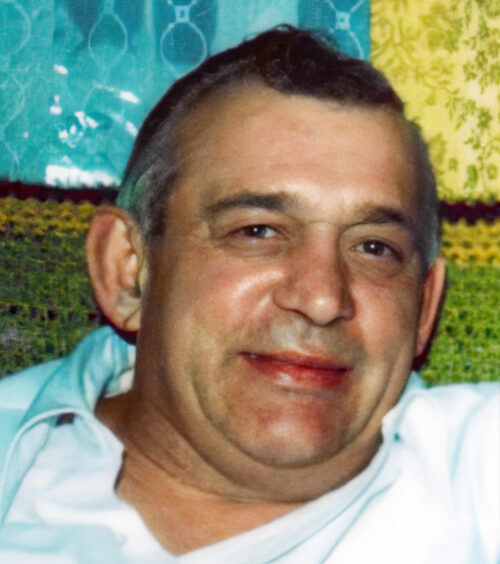Growing up in a family with a WWII combat veteran, things turned dark for Dan, when as a young child, his father became a violent alcoholic. Life became tough for his mother and four siblings as they struggled to survive not only the Dad’s physical and emotional abuse but financial hardship. As his drinking escalated, he worked less, and the family’s survival teetered on the brink.
To escape his father’s fury, as a child, Dan would hide wherever he could: under his bed, in the basement of their old farmhouse, in the rafters of their garage, or deep in the nearby woods searching for protection and comfort. To escape his father’s fury, as a child, Dan would hide wherever he could: under his bed, in the basement of their old farmhouse, in the rafters of their garage, or deep in the nearby woods searching for protection and comfort.
Struggling with cirrhosis of the liver from years of heavy drinking and lung cancer from a three-pack-a-day cigarette habit, Dan’s father died at the age of 56. Dan was 19 years old. All that had happened in their family was never discussed.
Living in an apartment above his Polish immigrant grandmother, Dan worked nights as a janitor at a supermarket and went to college during the day. Getting off work at 2 a.m., he would walk through abandoned railroad yards to return home and eat dinner. He finished college and went on to complete his law degree at the University at Buffalo.
Dan got a job as a lawyer for a firm that represented railroad workers throughout the Northeast. He enjoyed the people at the firm and his clients in New York City. He had emotional difficulties that seemed to stem from his childhood: nightmares of his father attacking him, bouts of sadness and loneliness, and anxiety. These were managed through periods of therapy through his early career.
After becoming a high-achieving lawyer, Dan found himself struggling to manage the stress in his life. When he turned forty, things began to spiral downward. He was having difficulty concentrating at work, sleep became fragmented, and was very sad all the time. He hid this the best he could, ashamed of what he was experiencing and fearful of what would happen if anyone found out. He was seeing a therapist. It had worked in the past. He just hoped things would get better. But they didn’t.
On his way home from work driving through dark Buffalo, New York winters, Dan would look for empty parking lots where no one else would notice him. Once there, he would cry for no particular reason. The crying could go on thirty minutes. But he felt no relief, no catharsis as he had when he experienced everyday sadness in the past. When he had wept enough, at some point, he started up his engine and drove home. Sitting in his car in a dark driveway, Dan would try to pull himself together before entering his house. He didn’t want his wife and young child to know anything was wrong. But it was.
As sleep worsened, Dan would find himself sometimes waking at 3 a.m. He couldn’t fall back to sleep even though exhausted. Getting up, Dan would shower, shave, get dressed in his suit, and drive to an open coffee shop. Once there, he would sit, drink some coffee, and then go to work when the sun rose.
Dan was ultimately diagnosed with major depression. This led to an on-again, off-again battle to recover and become well. During his journey, he felt the sting of stigma from both others and himself. But he learned that many people had no reference point for what depression was. And in the beginning, neither did he. He discovered that everyone could benefit from understanding.
So, he built a website Lawyerswithdepression.com, a place where those in the legal profession could go to learn about depression and find solutions to recovery. It was here that would blog about his experience living with depression. His work was later featured in The Wall Street Journal, The New York Times, The Washington Post, CNN and NPR, and many other national and international publications.
Over time, Dan became a national speaker on mental health, and through this work, Dan came into contact with hundreds of people from every walk of life who lived, with mental illness and worked hard to overcome their anxiety and depression. These people, are Dan’s “heroes.” Despite all the times their illness had knocked them to their knees, so many of them got up – over and over again – determined to get better.










